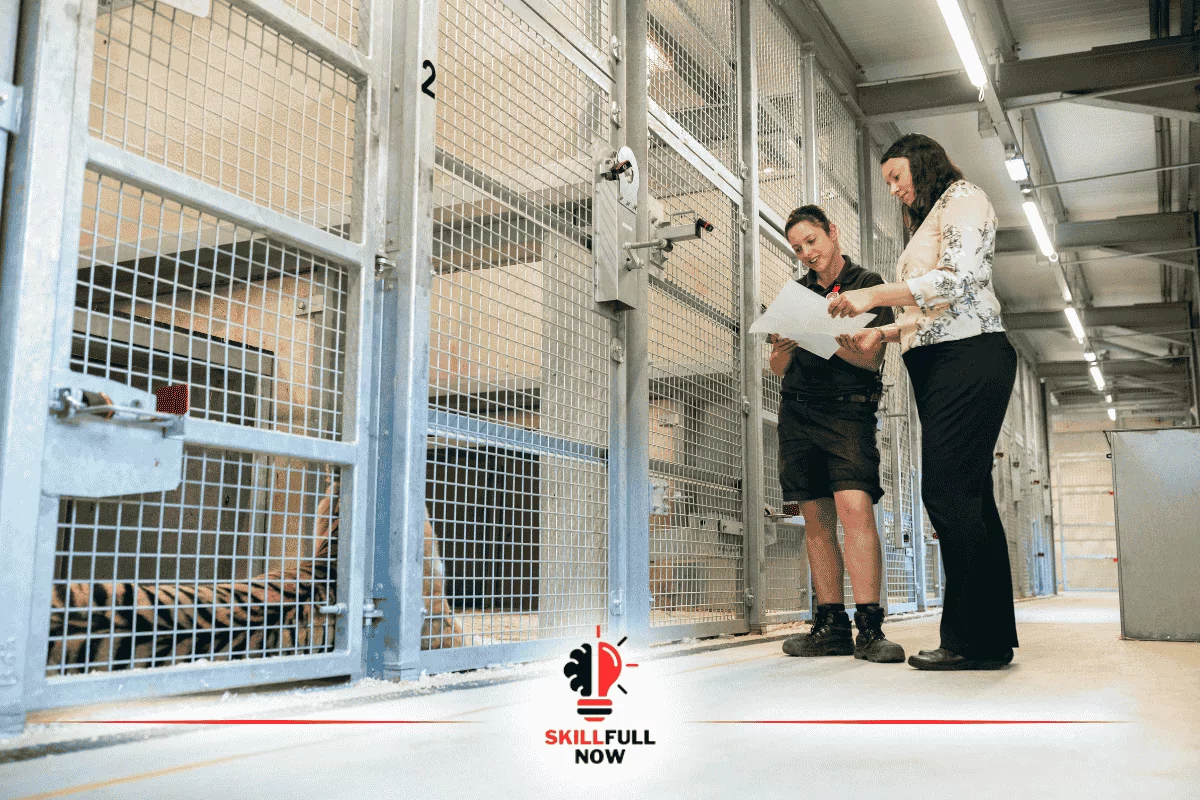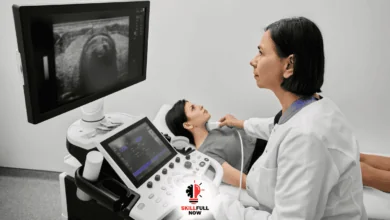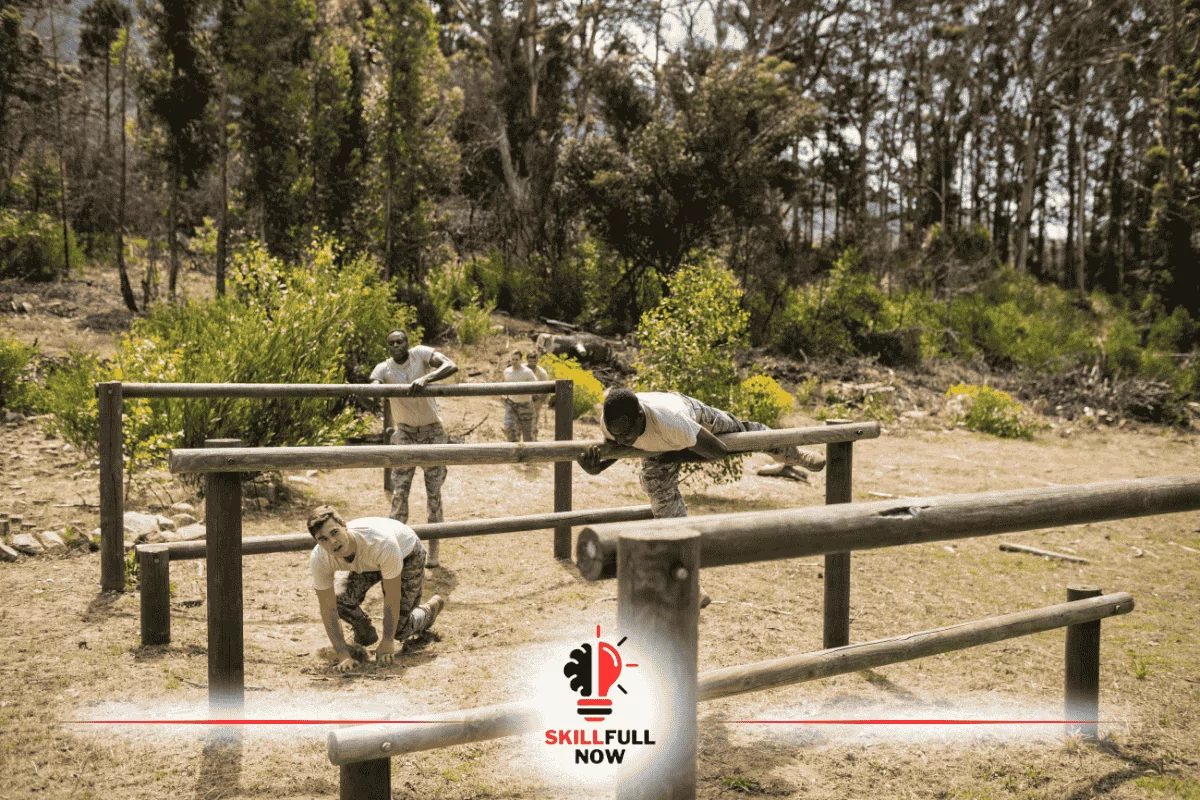Top Skills You Need as an Animal Control Worker

Animal control workers play an essential role in protecting both animals and humans, ensuring a safe and harmonious coexistence. Whether it’s rescuing stray animals, enforcing laws, or educating the community, the job is as challenging as it is rewarding. To succeed in this field, having the right skills isn’t optional—it’s critical. In this article, we’ll explore the essential skills you need as an animal control worker and how they contribute to excelling in this demanding yet fulfilling career.
Understanding the Role of an Animal Control Worker
Animal control workers are responsible for a wide range of duties. They enforce animal-related laws, investigate cases of animal cruelty, remove stray or dangerous animals, and promote public awareness about proper pet care. Their role isn’t limited to handling animals—it also involves extensive interaction with the public, law enforcement, and other agencies. With so much variety, being prepared with the right skill set is crucial.
Why Are Skills So Important in Animal Control Work?
Success in animal control isn’t just about loving animals; it’s about possessing a unique blend of technical and interpersonal skills. These professionals face emotionally charged situations, physical challenges, and complex legal issues. Without the proper skills, it’s easy to feel overwhelmed or ineffective. Fortunately, honing the right abilities can lead to job satisfaction and improved outcomes for animals and communities alike.
Animal Handling Skills (A Must Have Competency)
One of the most fundamental skills for any animal control worker is expertise in handling animals. This doesn’t just mean being comfortable around pets; it involves understanding animal behavior, knowing how to restrain aggressive animals safely, and using specialized equipment such as leashes, nets, or tranquilizers.
Animal handling skills are particularly important when dealing with:
- Stray animals that may be frightened or injured.
- Wildlife such as raccoons or deer that accidentally wander into urban areas.
- Aggressive or dangerous animals that pose a threat to public safety.
Understanding animal body language and maintaining calm in stressful situations can make a huge difference in resolving incidents safely.
Interpersonal and Communication Skills
Animal control workers spend a large portion of their time interacting with people. Whether it’s educating pet owners, mediating neighborhood disputes, or working alongside law enforcement, strong interpersonal skills are non-negotiable.
Effective communication also involves explaining complex laws or procedures in simple terms to ensure understanding. Building trust with the community can lead to better cooperation, making it easier to carry out duties effectively.
Problem Solving and Critical Thinking
Every day as an animal control worker brings unique challenges. From locating a stray animal in a crowded area to addressing complaints about barking dogs, the ability to think on your feet is vital.
Strong problem-solving skills allow you to:
- Assess situations quickly and decide the best course of action.
- Navigate unforeseen complications, such as dealing with uncooperative individuals or animals.
- Balance legal, ethical, and safety concerns in every decision.
A creative and adaptive mindset ensures that no problem feels insurmountable.
Physical Fitness and Stamina
The physical demands of this job cannot be overstated. Animal control workers often find themselves chasing animals, lifting heavy cages, or working outdoors in extreme weather conditions.
Being physically fit enhances your ability to:
- Perform rescues without risking your safety or the animal’s welfare.
- Sustain energy during long shifts, especially in emergencies.
- Handle the equipment needed for capturing or transporting animals.
Developing endurance and maintaining good physical health are important for long-term success in this field.
Empathy and Compassion (The Heart of Animal Control)
Working in animal control requires an innate compassion for animals and humans alike. Many situations you encounter will be emotionally charged, such as cases involving animal cruelty or neglect. Having empathy helps you remain patient and understanding, even in difficult circumstances.
By showing genuine care, you can:
- Build rapport with pet owners who may be struggling to care for their animals.
- Comfort frightened or injured animals during rescues.
- Advocate effectively for animal welfare in the community.
Empathy ensures that your work is not only efficient but also meaningful.
Knowledge of Animal Laws and Regulations
An animal control worker must be well-versed in the laws governing animal welfare, public safety, and property rights. This includes understanding local ordinances, state laws, and federal regulations related to pets, livestock, and wildlife.
Legal knowledge enables you to:
- Enforce laws confidently and fairly.
- Educate the public about their responsibilities as pet owners.
- Collaborate with law enforcement during investigations.
Being a legal expert in your field ensures that you can navigate complex situations while staying within the bounds of the law.
Conflict Resolution Skills
Handling complaints and disputes is a regular part of the job. Whether neighbors are arguing about a barking dog or a pet owner is resisting compliance with local laws, conflict resolution skills are crucial.
A calm and professional demeanor can de-escalate tense situations, making it easier to resolve issues without confrontation. Listening actively, showing empathy, and proposing fair solutions are key components of effective conflict resolution.
More About; Necessary Technical Skills for Aspiring Zoologists
Ability to Work Under Pressure
Emergencies are inevitable in animal control work. You might need to respond to reports of a dangerous animal on the loose, manage multiple calls during a storm, or handle a high-stress situation involving an aggressive pet.
The ability to stay calm under pressure allows you to:
- Prioritize tasks efficiently in chaotic situations.
- Make quick, informed decisions without panicking.
- Provide reassurance to distressed community members.
Working under pressure is challenging, but it’s also what makes the job so dynamic and rewarding.
Attention to Detail
When investigating animal cruelty or neglect, attention to detail can make or break a case. You’ll need to document evidence, follow procedures meticulously, and report findings accurately. Even small oversights can lead to legal complications or missed opportunities for intervention.
This skill is also important for completing paperwork, such as writing incident reports or issuing citations. Precision and thoroughness ensure that every aspect of your job is carried out effectively.
Basic Veterinary Knowledge
While animal control workers aren’t veterinarians, having a basic understanding of animal health is incredibly helpful. Recognizing signs of illness, injury, or distress allows you to provide first aid or seek veterinary care promptly.
Basic veterinary knowledge is especially useful when:
- Handling injured wildlife or stray animals.
- Assessing the condition of neglected pets during investigations.
- Advising pet owners on proper care and treatment.
A little medical know-how goes a long way in ensuring the well-being of the animals you serve.
Technological Proficiency
Modern animal control work often involves the use of technology. From managing records in software systems to using GPS for tracking animals, being tech-savvy is an advantage.
Technology is also essential for:
- Logging complaints and tracking resolutions.
- Monitoring social media for community concerns.
- Analyzing data to identify trends or recurring issues.
Embracing technology enhances efficiency and allows you to stay organized in a fast-paced environment.
Time Management Skills
With so many responsibilities to juggle, time management is a critical skill for animal control workers. Being able to prioritize tasks, meet deadlines, and manage a heavy workload ensures that nothing falls through the cracks.
Effective time management allows you to:
- Respond promptly to emergency calls.
- Allocate enough time for investigations and follow-ups.
- Balance fieldwork with administrative duties.
When time is managed wisely, you can serve both animals and the community more effectively.
Building a Career in Animal Control
Developing these skills takes time, effort, and a commitment to growth. While some abilities come naturally, others can be learned through training, on-the-job experience, or continuing education. The more you invest in your skillset, the more confident and capable you’ll become in your role as an animal control worker.
Conclusion
The role of an animal control worker is multifaceted and demands a wide range of skills. From animal handling and communication to legal knowledge and physical fitness, each skill contributes to making a positive impact on both animals and the community. By developing these abilities, you can thrive in this rewarding career and truly make a difference in the lives of others.






Hi, I wanted to know your price.